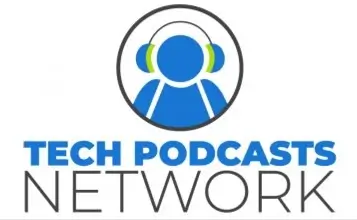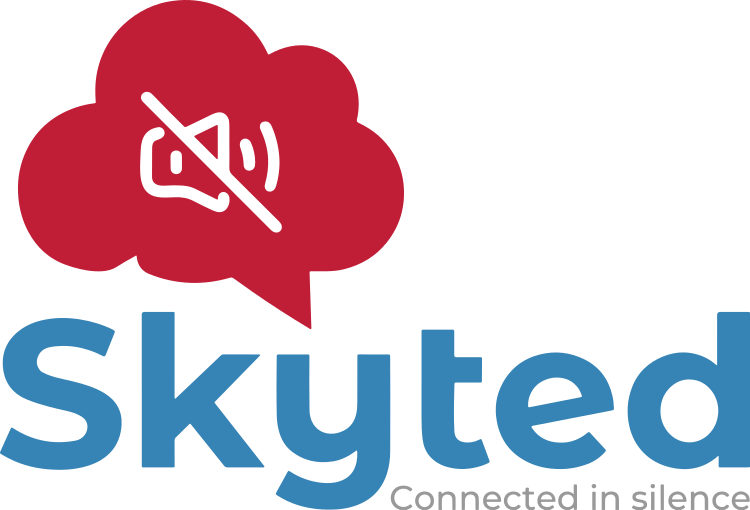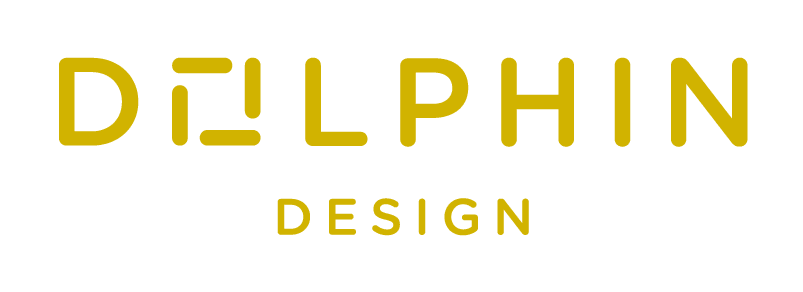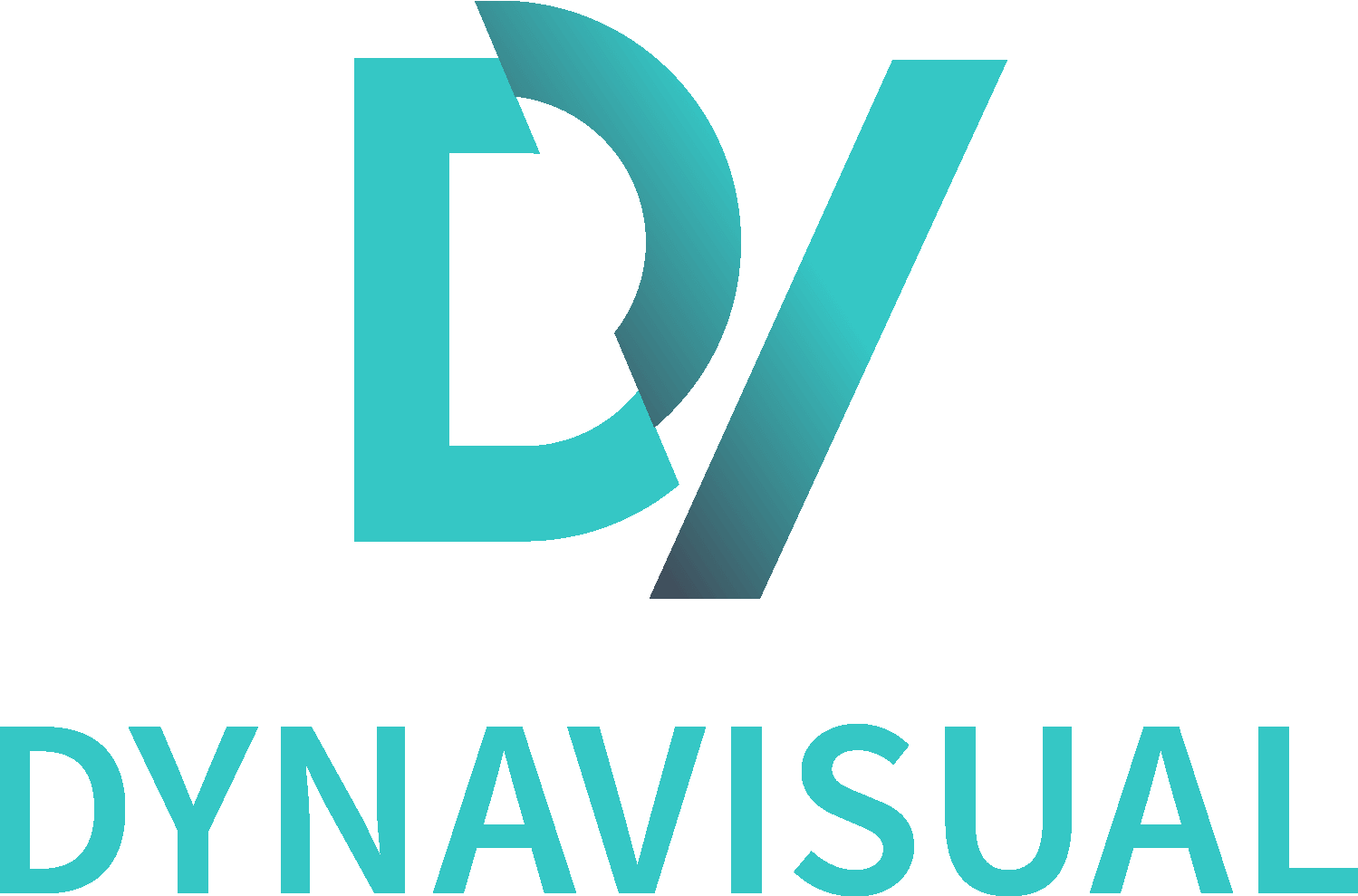 Withings has unveiled BeamO, a groundbreaking device that offers a thorough health assessment in just 60 seconds. This innovative gadget is equipped with four distinct sensors, each designed to evaluate different health parameters.
Withings has unveiled BeamO, a groundbreaking device that offers a thorough health assessment in just 60 seconds. This innovative gadget is equipped with four distinct sensors, each designed to evaluate different health parameters.
What is BeamO by Withings?
The device’s main objective is to empower users to take control of their health. BeamO synchronizes data to a user-friendly application, allowing individuals to track their health records, log symptoms, and monitor medication adherence. The data can be easily shared with healthcare professionals via PDF or a link, facilitating remote consultations and enhancing diagnostic capabilities.
The versatility of BeamO is important, as it can be used by individuals, families, and those with chronic diseases. The device allows for the creation of multiple profiles, enabling users to track the health of their loved ones and provide longitudinal data to healthcare professionals. This proactive approach to health management aims to detect changes in baseline health and alert doctors to any concerning developments.
The BeamO device is designed to be user-friendly, with the app guiding the different positions for cardiac and lung sounds. This ensures that users can associate their recordings with the correct position, providing doctors with all the necessary information for diagnosis. The device can be used to measure heart sounds on the front of the chest and lung sounds on both the front and back.
BeamO: A revolutionary health checkup device
The first sensor is a one-lead electrocardiogram (ECG) that allows users to measure their heart activity. With an integrated algorithm, BeamO can detect atrial fibrillation, a common heart rhythm disorder. This feature provides users with valuable insights into their cardiac health.
The second sensor is a pulse oximeter, which measures respiratory health. It assesses the efficiency of the lungs in transferring oxygen to the blood. This information can be crucial in monitoring lung function and detecting any potential respiratory issues.
The third sensor is a digital stethoscope, enabling users to listen to their heart and lung sounds. This feature is particularly useful when assisted by a doctor, as they can identify any abnormal sounds that may indicate underlying health conditions. Users can either listen directly with headphones or live stream the sounds to their doctor, enhancing remote diagnostic capabilities.
The final sensor is a contactless temperature sensor. By scanning the forehead, users can obtain their body temperature within a few seconds. This feature is especially relevant in the current global health environment, as monitoring body temperature is a crucial step in identifying potential illnesses.
BeamO versus a fitness watch
One of the initial questions is regarding the difference between BeamO and an Apple Watch. While both devices utilize similar technology for detecting atrial fibrillation, BeamO offers additional features such as the integrated stethoscope, pulse oximeter, and temperature sensor. These features make BeamO an all-in-one health monitoring device, providing a more comprehensive health assessment compared to an Apple Watch.
Another important question revolves around the quality and regulatory approvals of BeamO. Withings are in the process of obtaining FDA approval and a CE mark for the European market. These regulatory steps ensure the device meets safety and efficacy standards. These approvals do not put it on the same level as a medical-grade device but do put it into a category of high-quality home health monitoring.
The BeamO device is being developed with input from doctors to ensure that it meets clinical standards. Doctors are reportedly happy to see a solution that can assist with telemedicine visits and improve the quality of stethoscope auscultation. The teams working on the BeamO device in Paris are striving to make it of clinical-level quality.
Conclusion: BeamO will be a great home health monitor
In conclusion, the BeamO health checkup device by Withings is a revolutionary product that aims to provide users with a comprehensive understanding of their health. By incorporating multiple sensors and a user-friendly application, BeamO empowers individuals to take control of their health and enhance remote diagnostic capabilities.
At this time, BeamO is still in the prototype stage. Withings is awaiting regulatory approvals before launching the device on the market, though is expected to be released in six to eight months and is poised to be another cool product from Withings. The estimated retail price at launch is $250, with no additional monthly fees for the accompanying application.
Interview by Todd Cochrane of Geek News Central.
Get $5 to protect your credit card information online with Privacy.
Amazon Prime gives you more than just free shipping. Get free music, TV shows, movies, videogames and more.
The most flexible tools for podcasting. Get a 30 day free trial of storage and statistics.
Podcast: Play in new window | Download
Subscribe: Apple Podcasts | RSS | More

 In today’s digital age, we have become increasingly reliant on our smartphones and computers to store and preserve our precious memories, important documents, and personal information. However, have you ever stopped to think about what would happen to all of these digital assets if something were to happen to you? This is where
In today’s digital age, we have become increasingly reliant on our smartphones and computers to store and preserve our precious memories, important documents, and personal information. However, have you ever stopped to think about what would happen to all of these digital assets if something were to happen to you? This is where  The
The  During CES 2024, we got to take a look at the latest version of the
During CES 2024, we got to take a look at the latest version of the  Ultra-low-power AI chips can revolutionize the way companies build IoT smart devices and power artificial intelligence capabilities. In this conversation, Vincent Huard, the CTO of
Ultra-low-power AI chips can revolutionize the way companies build IoT smart devices and power artificial intelligence capabilities. In this conversation, Vincent Huard, the CTO of  LED technology for wearable displays is a groundbreaking innovation that is revolutionizing visual communication. Flexible, bright, animated LED displays are a revolutionary technology that is transforming the way we think about visual communication. These displays, developed by
LED technology for wearable displays is a groundbreaking innovation that is revolutionizing visual communication. Flexible, bright, animated LED displays are a revolutionary technology that is transforming the way we think about visual communication. These displays, developed by 

 Nearly every industry uses machinery. The success of those machines is crucial to the functioning of the business in that industry. For example, everything that is mass-produced has a failure rate. Machines that are used for any period could fail. Being able to test machinery to ensure proper behavior is essential. EXANODIA is automating the process of testing machines to prevent future issues.
Nearly every industry uses machinery. The success of those machines is crucial to the functioning of the business in that industry. For example, everything that is mass-produced has a failure rate. Machines that are used for any period could fail. Being able to test machinery to ensure proper behavior is essential. EXANODIA is automating the process of testing machines to prevent future issues. In modern society, one of the few constants is stress. Whether it’s a big presentation at work, a growing family, financial concerns, or even a business trip to Las Vegas for CES, stressors are everywhere. Our bodies respond to this stress in a few ways, including by releasing certain hormones into the body. Being able to measure and track these hormones can help you track and properly respond to the stressors we live through every day. Nutrix AG has a sensor to do just that.
In modern society, one of the few constants is stress. Whether it’s a big presentation at work, a growing family, financial concerns, or even a business trip to Las Vegas for CES, stressors are everywhere. Our bodies respond to this stress in a few ways, including by releasing certain hormones into the body. Being able to measure and track these hormones can help you track and properly respond to the stressors we live through every day. Nutrix AG has a sensor to do just that.